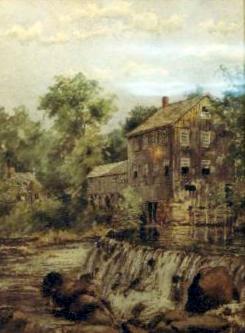Home >>
Mission Statement
The mission of the Farmington Historical Society is to preserve the history of the entire town of Farmington and to educate the public about that history and its significance. The Society collects, preserves and interprets historical resources including the continued preservation of the 1790 Old Stone Schoolhouse and the circa 1787/1797 Gridley-Case cottages.



